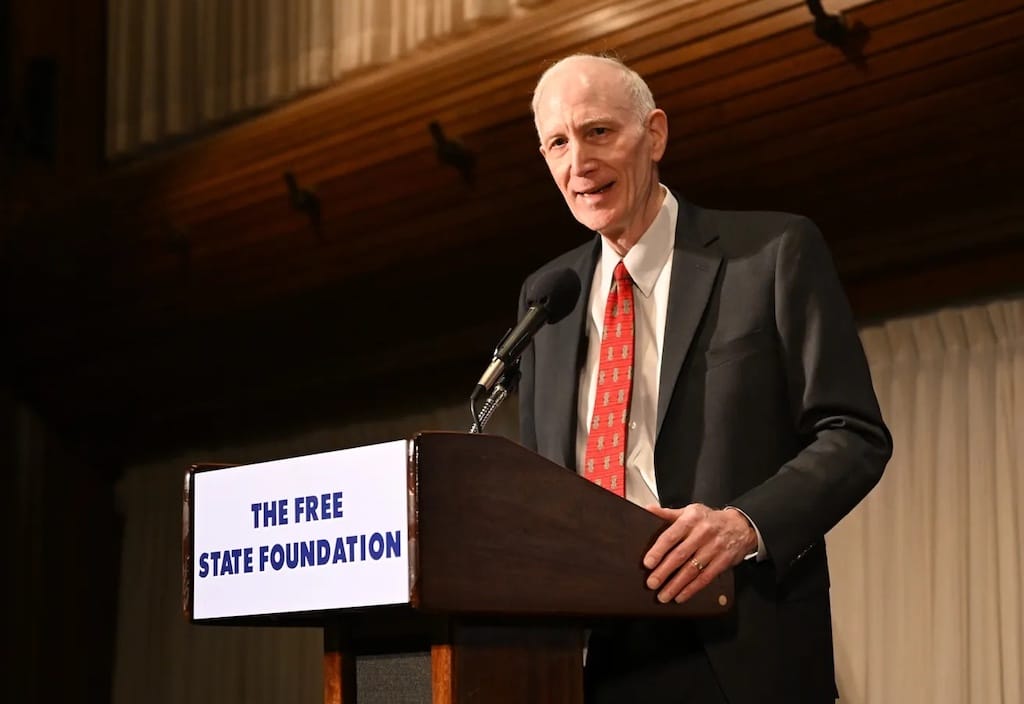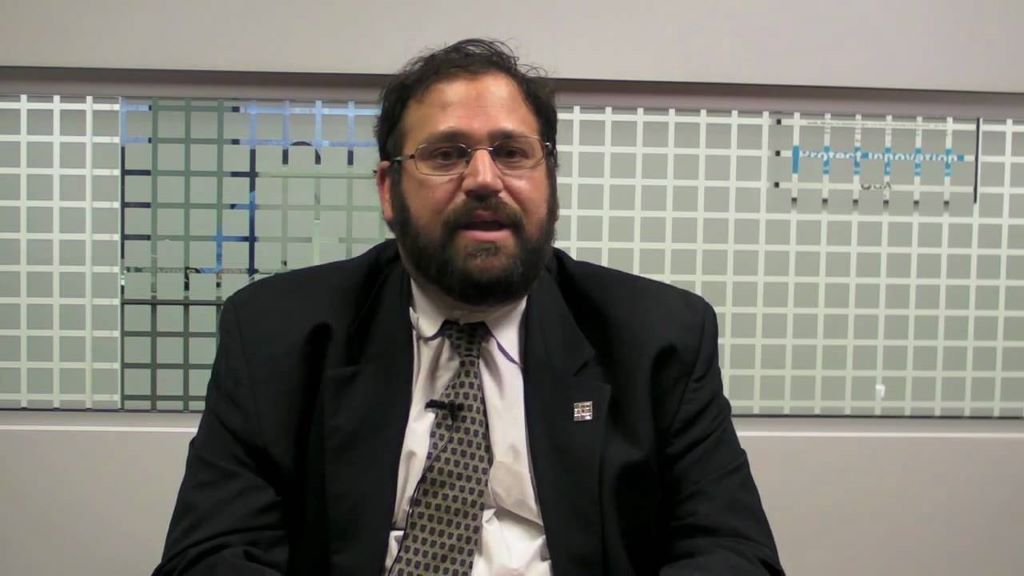Supreme Court’s EPA Decision Unlikely to Significantly Affect Federal Communications Commission
But landmark administrative law ruling could add more burden on agency in justifying decisions.

WASHINGTON, July 7, 2022 – The Federal Communications Commission is unlikely to be affected by a Supreme Court decision last week that limits the scope of decision-making by agencies on certain matters, but it could add to the commission’s task of proving that their decisions are in-line with the laws they administer, experts told Broadband Breakfast.
The June 30 high court ruling found, in West Virginia v. EPA, that the Environmental Protection Agency has limited regulatory authority, and that Congress alone has the power to decide on “major questions” of “vast economic or political significance.” The court effectively decided in favor of the so-called “major questions” doctrine, a conservative legal theory that seeks to maintain separation of powers by allocating “major questions” as the responsibility of Congress alone.
In turn, that theory contrasts with but does not explicitly overrule the still-valid doctrine known as Chevron deference. Chevron deference holds that where federal agencies are given legislative delegation by Congress, they are allowed reasonable interpretation of that authority.
Several experts are concerned, according to Protocol, that the ruling could affect the plans of tech regulators to implement laws under their jurisdiction. FCC Chairwoman Jessica Rosenworcel recently reaffirmed her support for net neutrality rules to prevent internet service providers from slowing or blocking web traffic, and supporters fear that the EPA decision could prevent further action at the FCC.
But experts Broadband Breakfast spoke to don’t exactly see it that way for the commission.
Chevron deference ‘increasingly in eclipse.’
“Ninety-eight percent of the decisions that the FCC makes – at least – are not going to be considered major question cases if they ever get to review,” Randolph May, founder and president of the Free State Foundation, said in an interview with Broadband Breakfast, adding that the doctrine of Chevron deference (after the 1984 Supreme Court decision Chevron v. Natural Resources Defense Council) is “increasingly in eclipse.”
Meanwhile, Harold Feld, senior vice president of internet advocacy group Public Knowledge, also told this publication that while, “I don’t think the major question doctrine applies to much of what the FCC does.”
It may, however, have an impact on the timeliness of the agency, including any decision it makes on net neutrality, he said.

Harold Feld
There will be an additional need to prove that the actions of the agency are in line with not merely a reasonable interpretation of the statutory authority but also consistent with previous practices, he said.
Agencies must also consider “how expansive is [a statute] really until it becomes a major question that Congress has to be even more specific about.”
The impact for agencies in the lower courts must also be considered, continued Feld. For decades, Chevron deference has been the standard in the courts. It allows for agencies to have a framework to determine how lower courts will analyze cases, he said. The undermining of Chevron deference will bring back the “wacky uncertainty that caused the Supreme Court to implement Chevron in the first place.”
The ambiguity that results from the ruling may have a greater impact on the Federal Trade Commission, Feld said. “It is clear that Congress intended the FTC to do rulemaking, but it is also clear that they haven’t done it before,” Feld explained. “So do they need special authorization from Congress now?”










